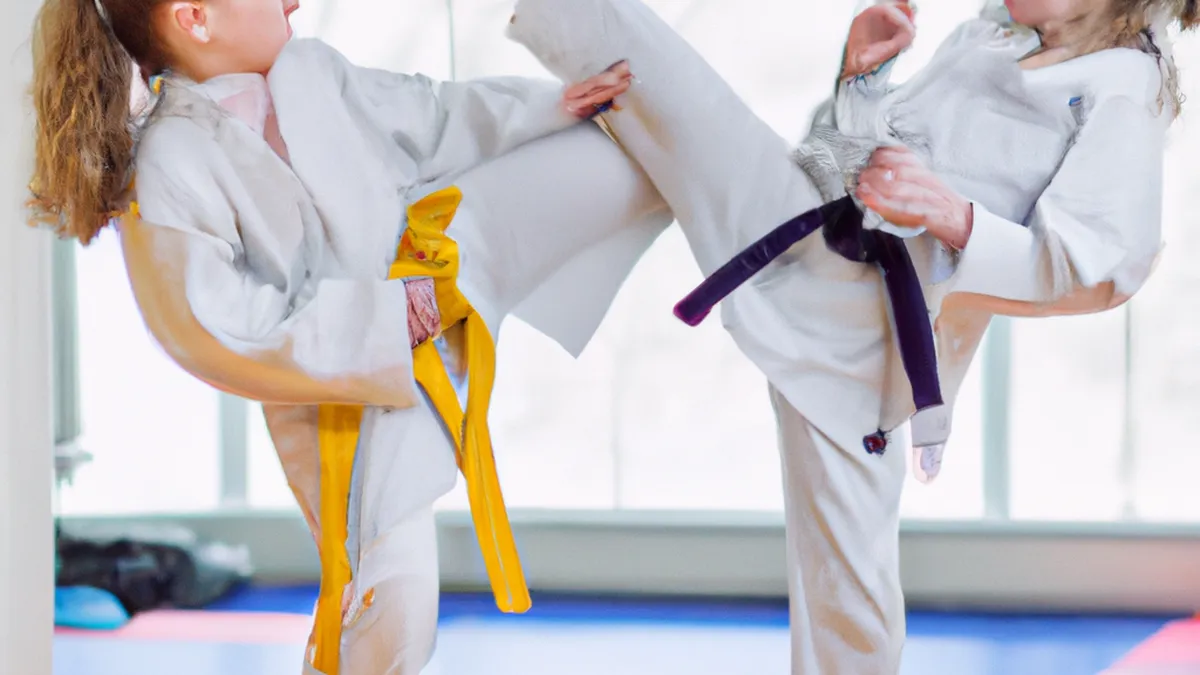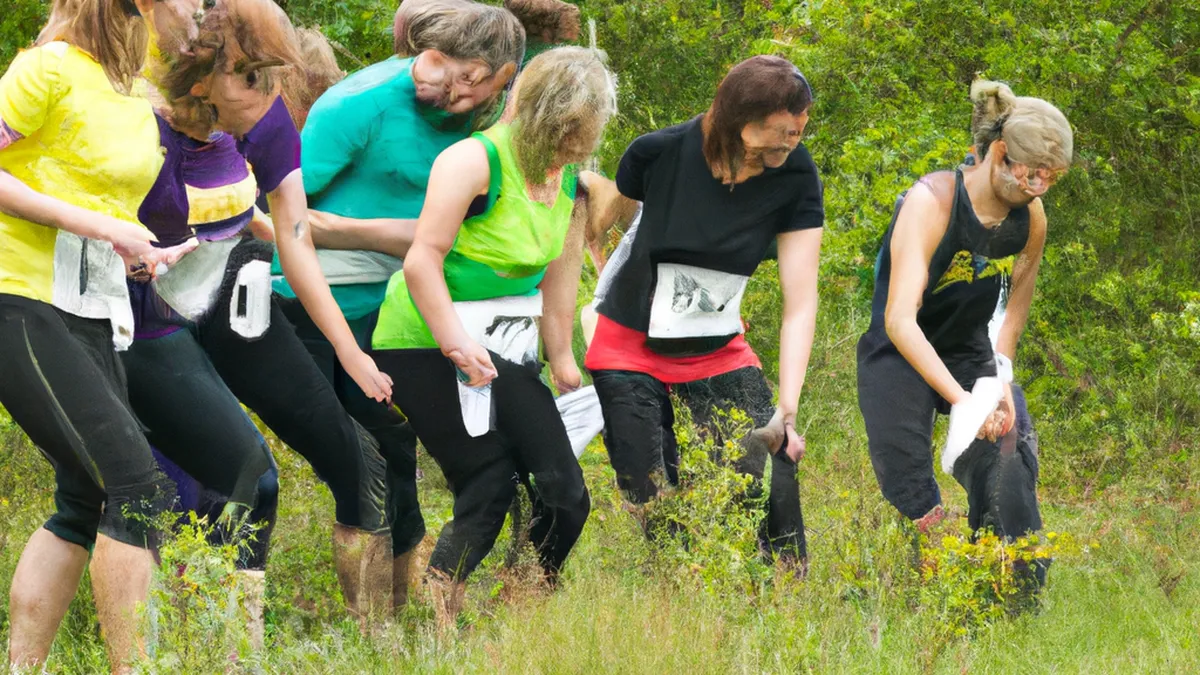Switch Up Your Routine: Batting Drills Explored
Batting Drills for Practicing Swing Bowling Techniques
Swing bowling baffles batsmen of all levels in cricket. Bowlers can alter the game dynamics by making the ball swing. This often leads to dismissals that simple seam or pace bowling cannot achieve. Batsmen must master facing swing bowling. This blog explores effective drills to enhance your batting technique against swing bowlers. By integrating these drills, you can improve your performance and confidence at the crease.
Understanding Swing Bowling
Before diving into drills, understand swing bowling’s mechanics. Swing bowling depends on the airflow around the ball during its flight. Bowlers can swing the ball towards or away from batsmen. The swing direction relies on the ball’s condition and the bowler’s grip and delivery. Two primary types of swing exist: conventional swing and reverse swing.
1. **Conventional Swing**: This swing occurs with a new or relatively new ball. The shiny side faces the batsman, while the rough side creates turbulence, causing the ball to swing towards the shiny side.
2. **Reverse Swing**: This swing happens with an older ball that has lost its shine. The ball swings in the opposite direction, often at higher speeds, challenging batsmen further.
Understanding these concepts helps batsmen anticipate the ball’s movement and choose the best response to swinging deliveries.
Essential Batting Drills
Incorporate these drills into your training sessions to sharpen your skills against swing bowling. Each drill targets different aspects of batting technique.
1. Shadow Batting
Shadow batting allows you to practice footwork and shot technique without facing a bowler. Stand in front of a mirror or record your movements. Visualize the ball swinging as you practice your shots.
– **Focus**: Concentrate on foot movement. Depending on the imagined swing direction, practice moving forward to drive or back to defend.
– **Duration**: Aim for 15-20 minutes daily. This consistent practice builds muscle memory and improves your batting technique.
2. Use of a Swing Bowling Machine
A swing bowling machine simulates various swing types, making it an excellent training tool. Set it to produce both conventional and reverse swing for targeted practice.
– **Setup**: Start with the machine at slower speeds to build confidence. Gradually increase the speed as you become comfortable facing the swing.
– **Focus**: Pay attention to your stance and positioning.
Conclusion
Use these insights to enhance your swing bowling skills. Practice consistently to improve your batting performance against swing bowlers.
Below are related products based on this post:
FAQ
What is swing bowling and how does it affect batting?
Swing bowling is a technique in cricket where bowlers make the ball move through the air, either towards or away from the batsman. This movement can confuse batsmen and lead to dismissals that are harder to achieve with simple seam or pace bowling. Understanding swing bowling helps batsmen anticipate the ball’s movement and react appropriately.
What are the two main types of swing bowling?
The two primary types of swing bowling are conventional swing and reverse swing. Conventional swing occurs with a new ball, where the shiny side faces the batsman, causing the ball to swing towards that side. Reverse swing happens with an older ball that has lost its shine, swinging in the opposite direction at higher speeds, making it more challenging for batsmen.
What drills can help improve my batting technique against swing bowling?
Two effective drills are shadow batting and using a swing bowling machine. Shadow batting involves practicing footwork and shot technique without a bowler, focusing on movements based on imagined swing. A swing bowling machine, on the other hand, simulates various swing types, allowing for targeted practice by gradually increasing speed and focusing on stance and positioning.















Post Comment